You won’t see any greeting cards celebrating it, and it’s not likely to be on your calendar, but in just a few weeks, National 401(k) Day will be observed. And this type of recognition may be warranted, too, because 401(k) plans have become key building blocks for a big part of people’s lives – a comfortable retirement. Are you making the most of your 401(k)?
Of course, during the past few months, you may have had mixed feelings about your 401(k). After all, at the beginning of the coronavirus, when the financial markets tumbled, the value of your account probably fell significantly, although it has likely regained some ground since the initial drop.
Nonetheless, the recent market volatility and its short-term effects on your 401(k) should not unduly influence your decisions about this important retirement account. After all, a 401(k) is truly a long-term vehicle, in every sense – you contribute to it for decades while you’re working, and you can draw on it, along with other sources of income, for decades during your retirement. Consequently, you’ll want to consistently review your account to ensure it is working hard for you.
Here are a few suggestions:
- Get the match. At a minimum, put enough into your 401(k) to earn your employer’s matching contribution, if one is offered. While employers can set their own rules, a typical match is 50% of what you put in, up to 6% of your salary. So, if you don’t contribute the amount needed to earn the match, you are essentially “leaving money on the table.” (Be aware, though, that some employers have temporarily suspended matching contributions in response to the economic slowdown during the pandemic.)
- Give yourself regular “raises.” Every time your salary goes up, increase your annual contributions. Most people typically don’t come anywhere near hitting the maximum annual 401(k) contribution limit (which, in 2020, is $19,500, or $26,000 for those 50 or older), and you might not, either, but try to put in as much as you can afford. Not only will you be building tax-deferred resources for retirement, but you’ll be giving yourself a big tax break, because the more you contribute each year, the lower your taxable income (unless you have a Roth 401(k), in which case your contributions aren’t deductible, but your earnings can grow tax-free).
- Invest for growth. Because your 401(k) is designed to help fund your retirement, which could last 20 years or more, you’ll want to build the biggest account possible. That means you’ll need to include investments designed to provide growth within your 401(k), subject to your personal risk tolerance.
- Be careful about loans. You can take out loans from your 401(k), but it’s not always a good move. You’ll have to pay yourself back, and if you leave your job, either voluntarily or involuntarily, the repayment may be due at an inconvenient time. (However, as part of the CARES economic stimulus act, many 401(k) loan repayments are being suspended for up to one year.) Furthermore, by taking out money from your account, even temporarily, you can slow its overall growth potential. So, you may want to look for other sources of income before tapping into your 401(k).
National 401(k) Day is just that – a day. But by taking the appropriate steps, you can help ensure your own 401(k) gives you many years’ worth of benefits.
This article was written by Edward Jones for use by your local Edward Jones Financial Advisor. Edward Jones, Member SIPC
Sign up to receive updates and the Friday File email notices.
Support local, independent news – contribute to The Fallon Post, your non-profit (501c3) online news source for all things Fallon.
The Fallon Post -- 1951 W. Williams #385, Fallon, Nevada 89406

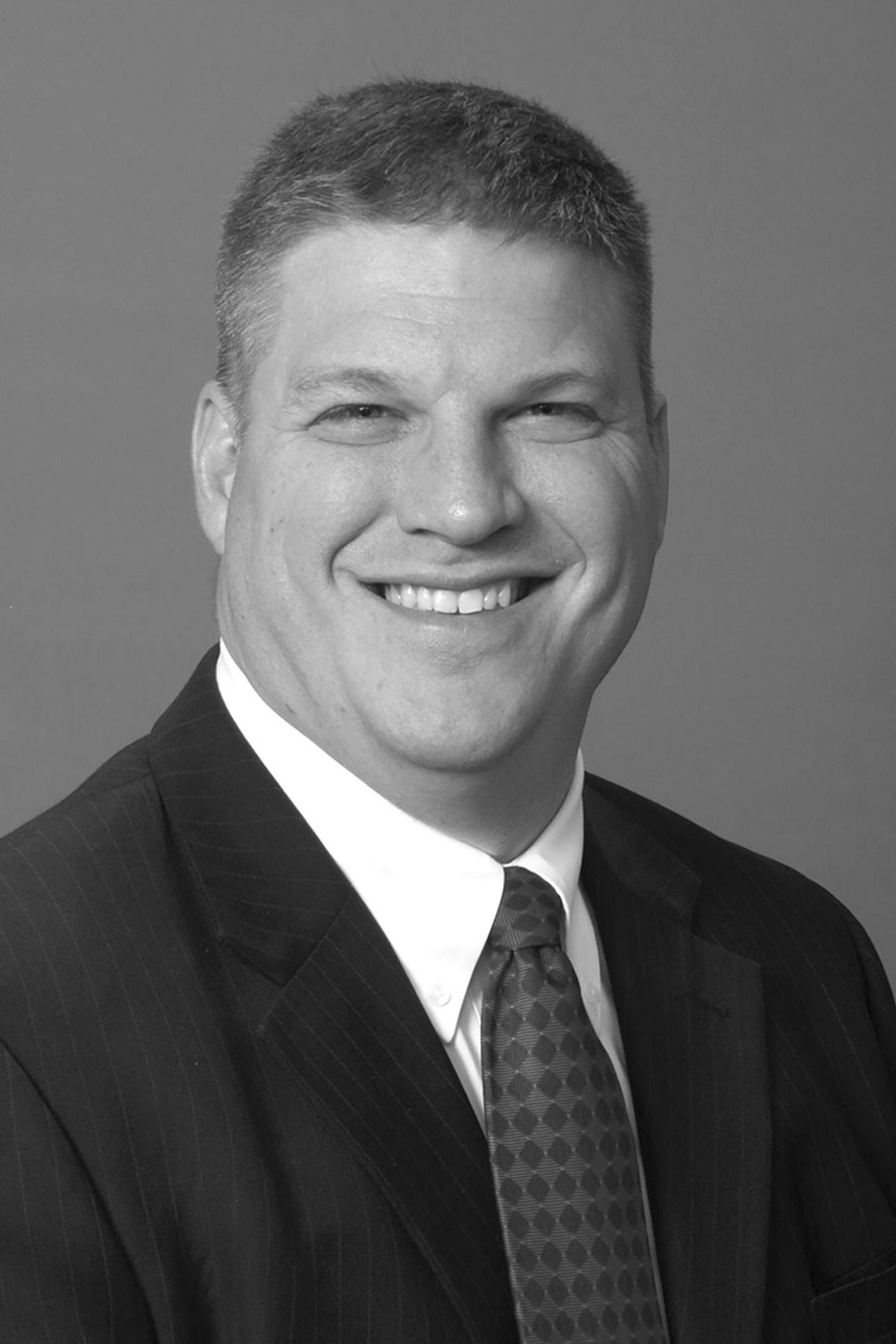
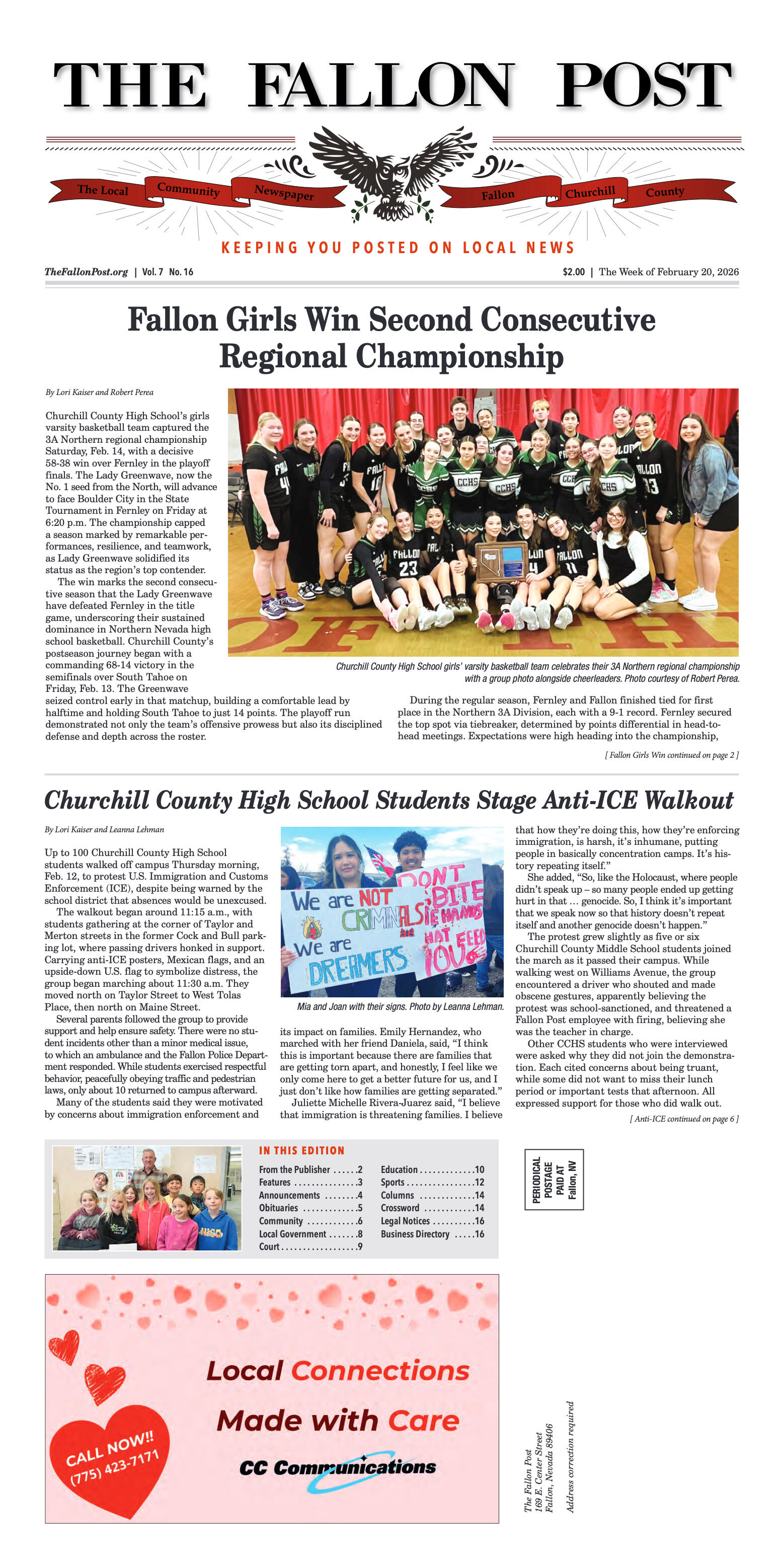
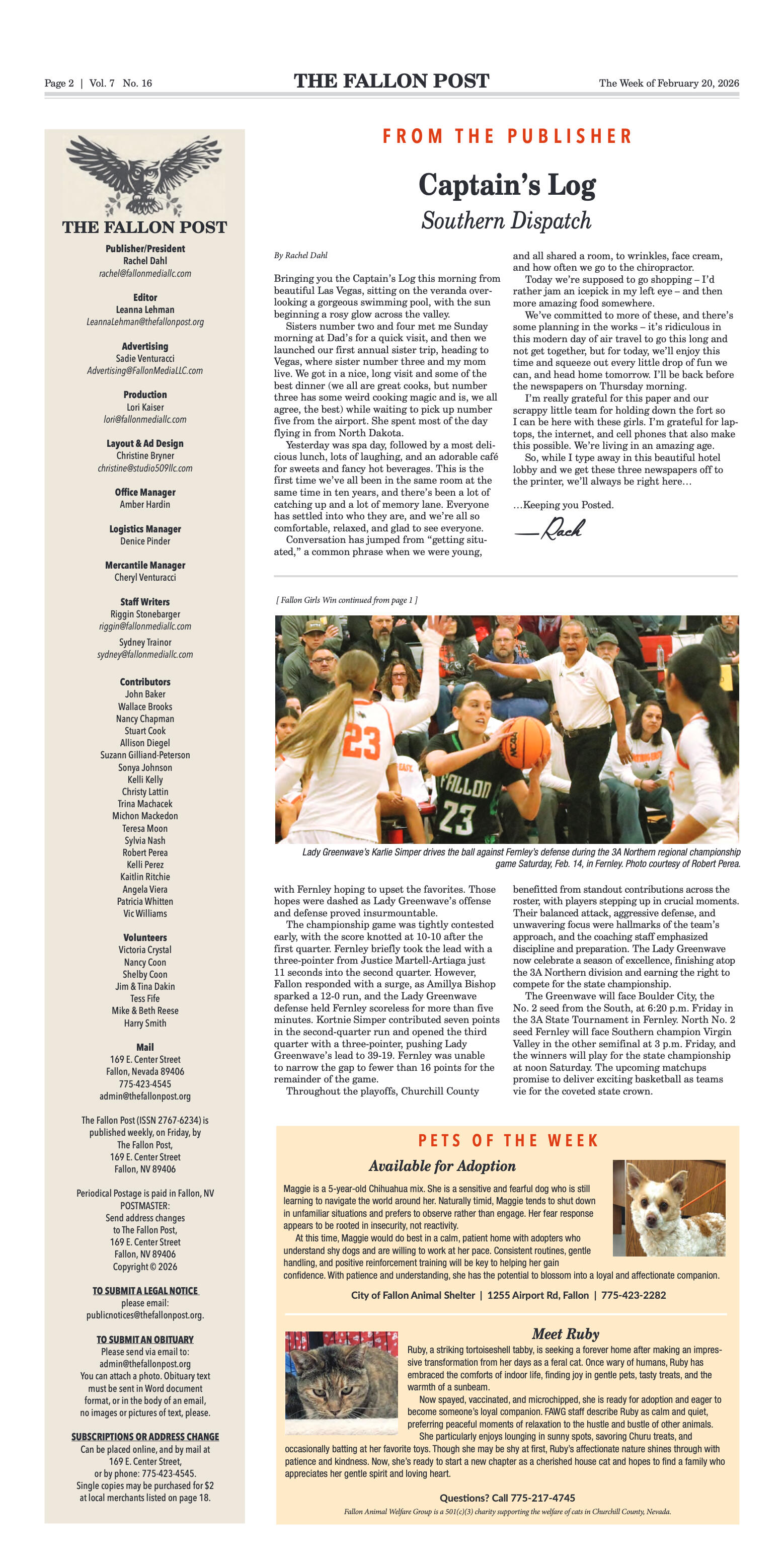
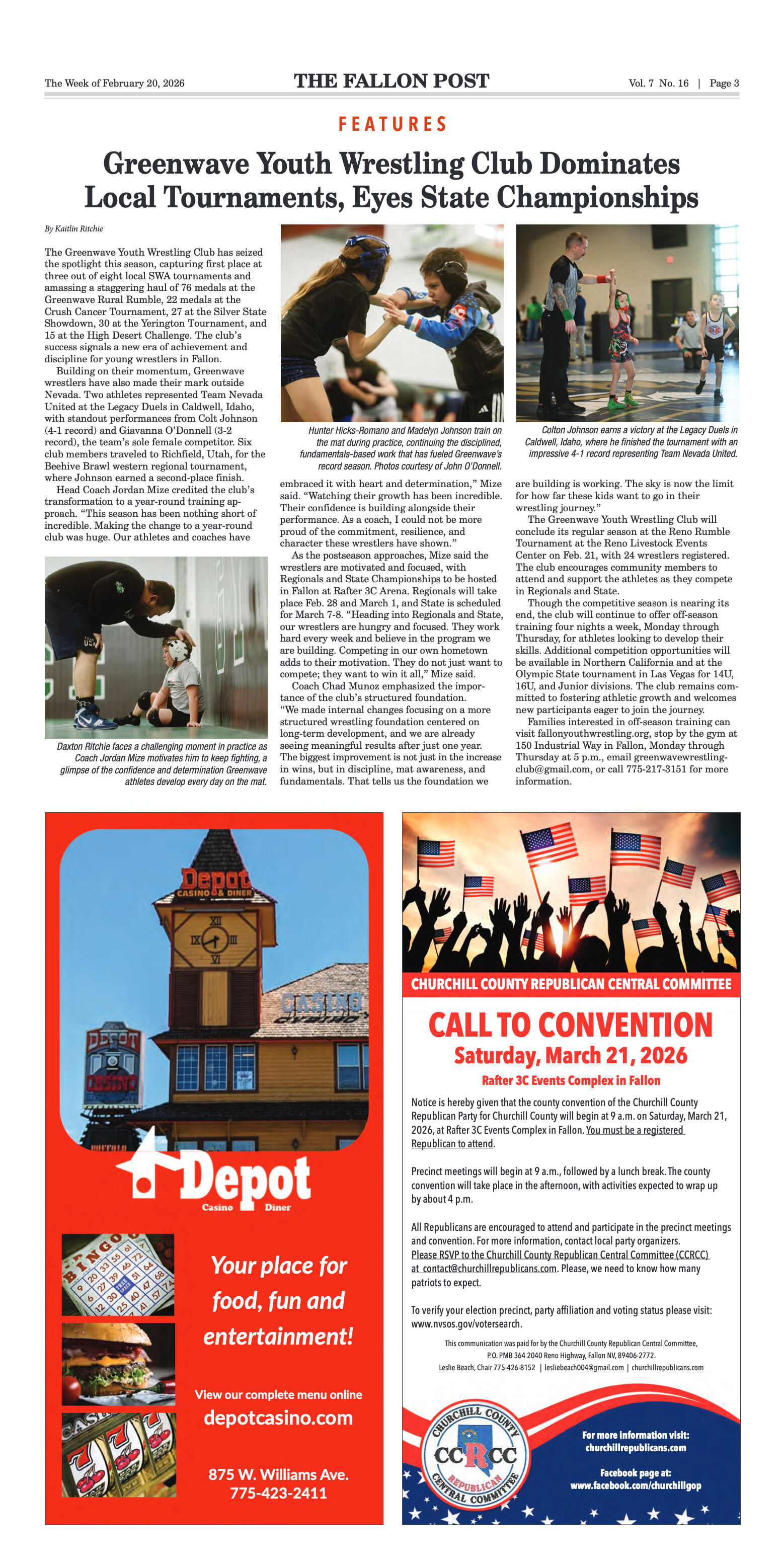
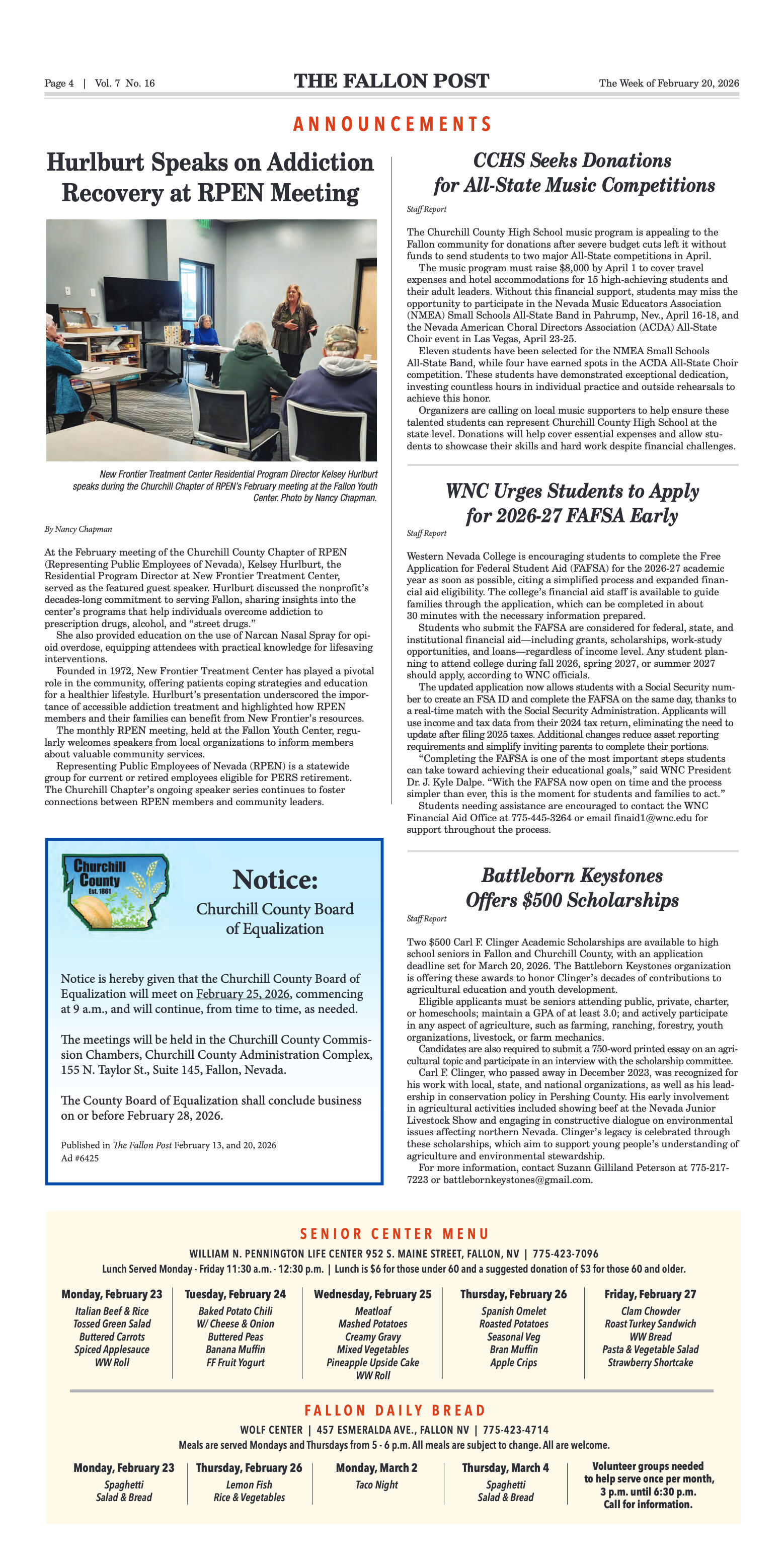
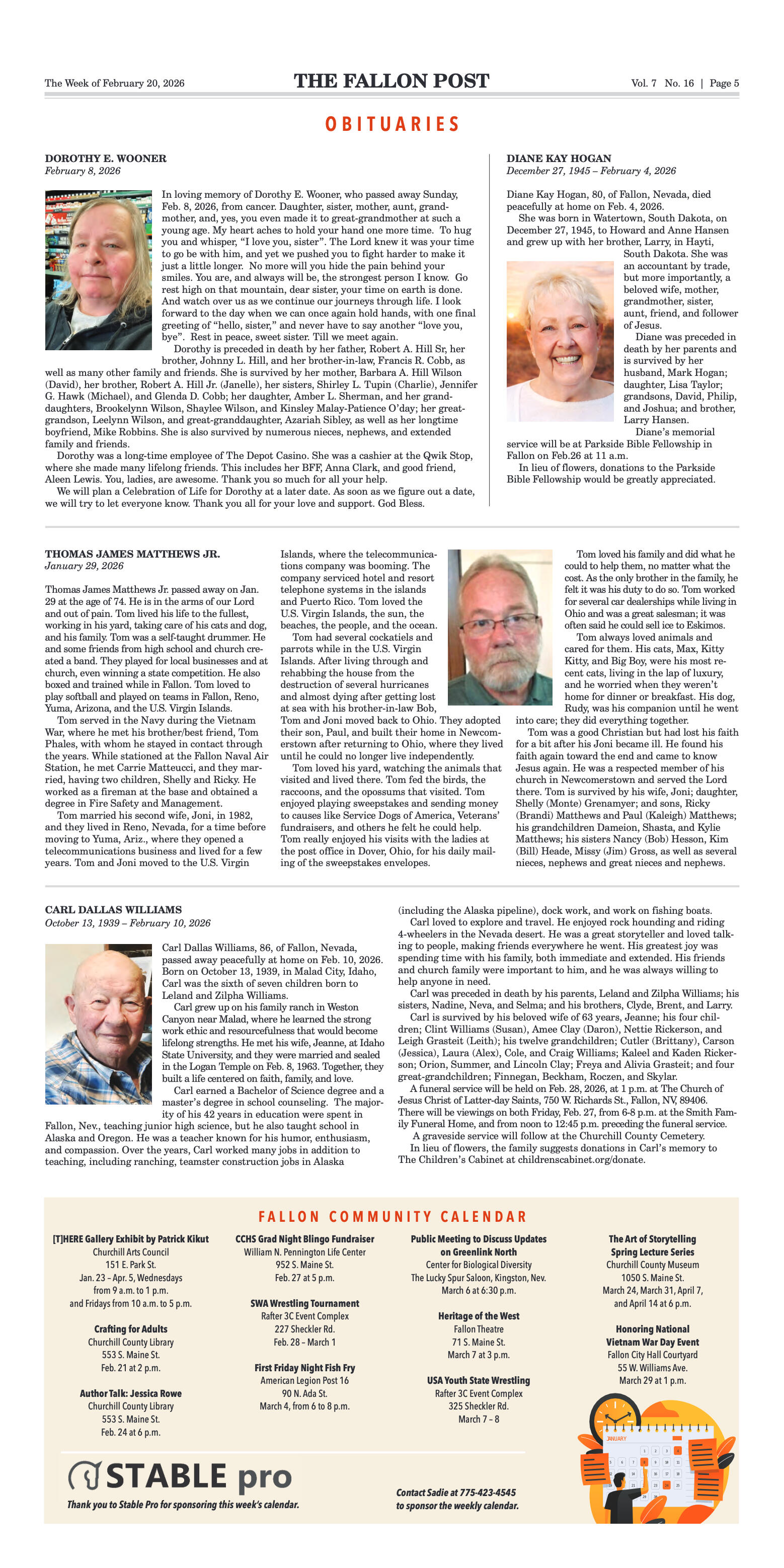
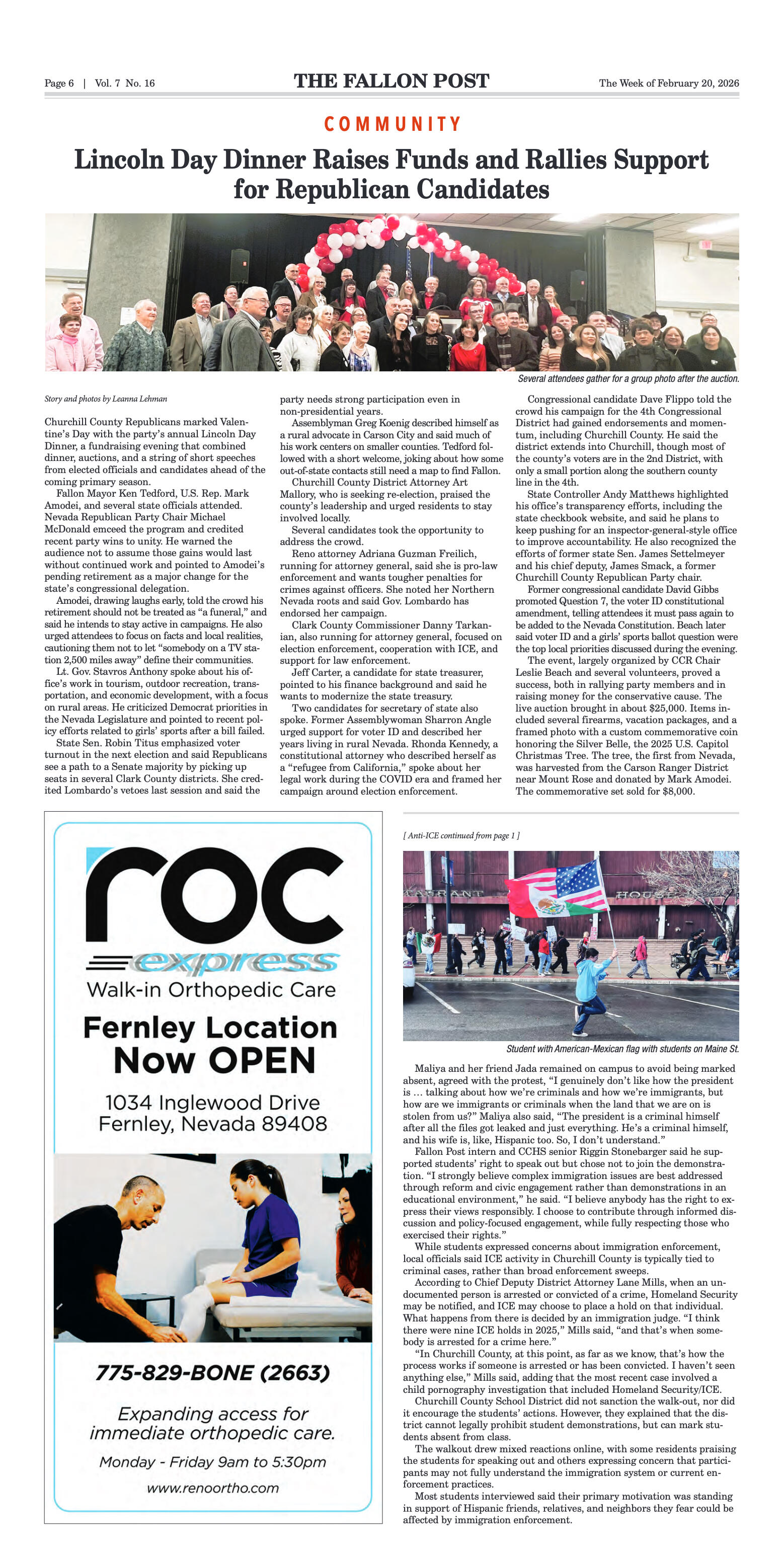

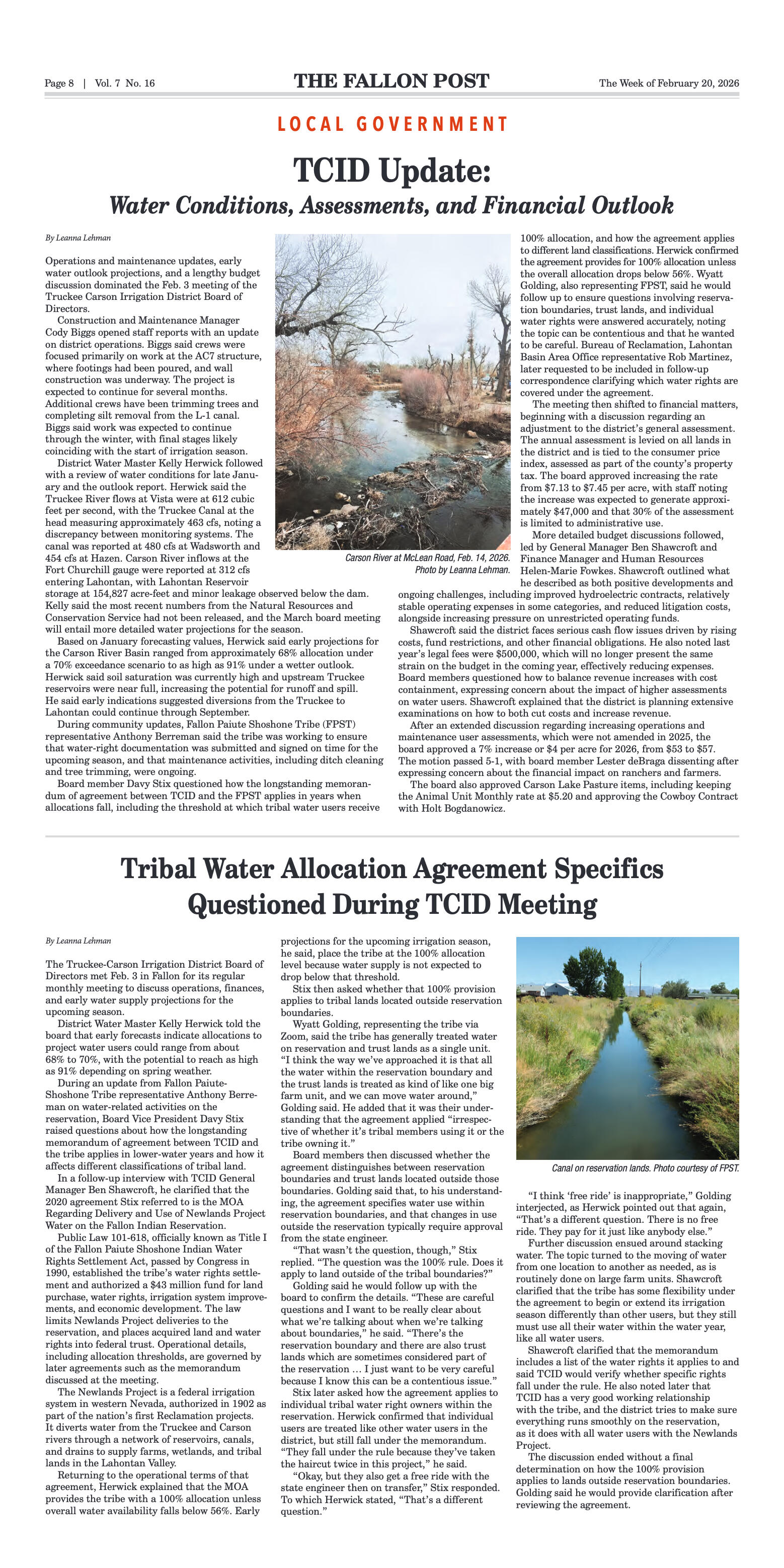
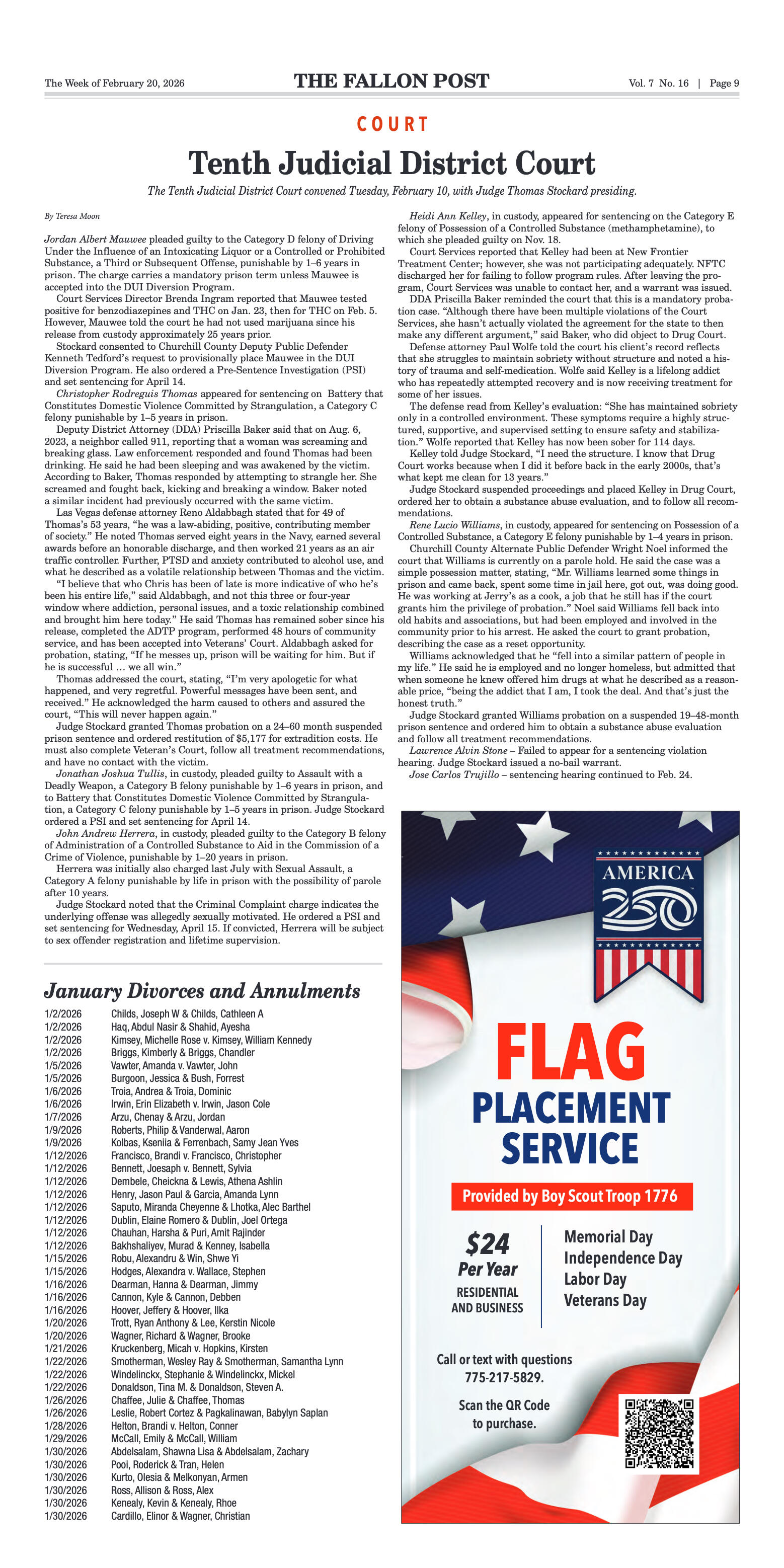
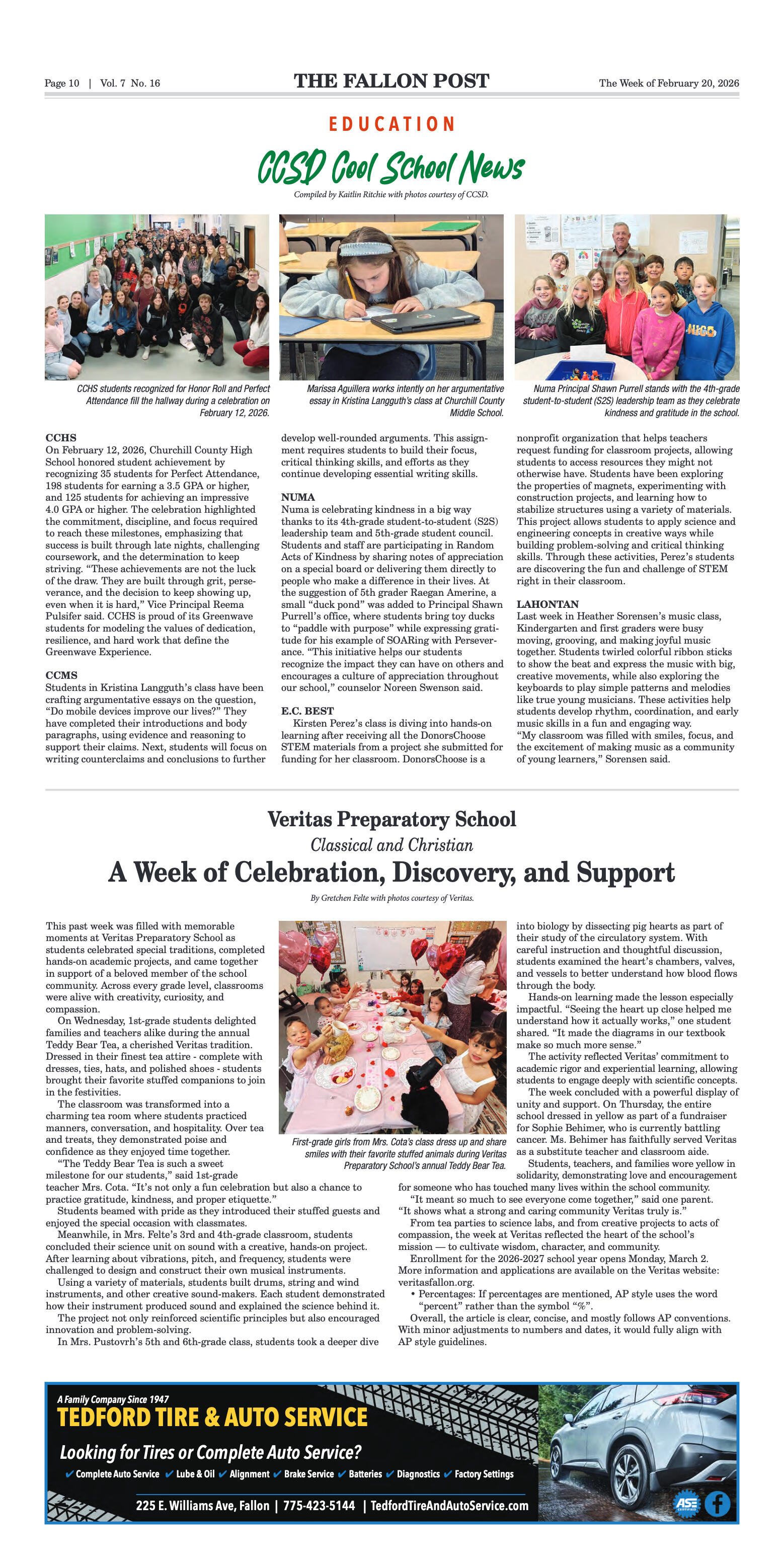
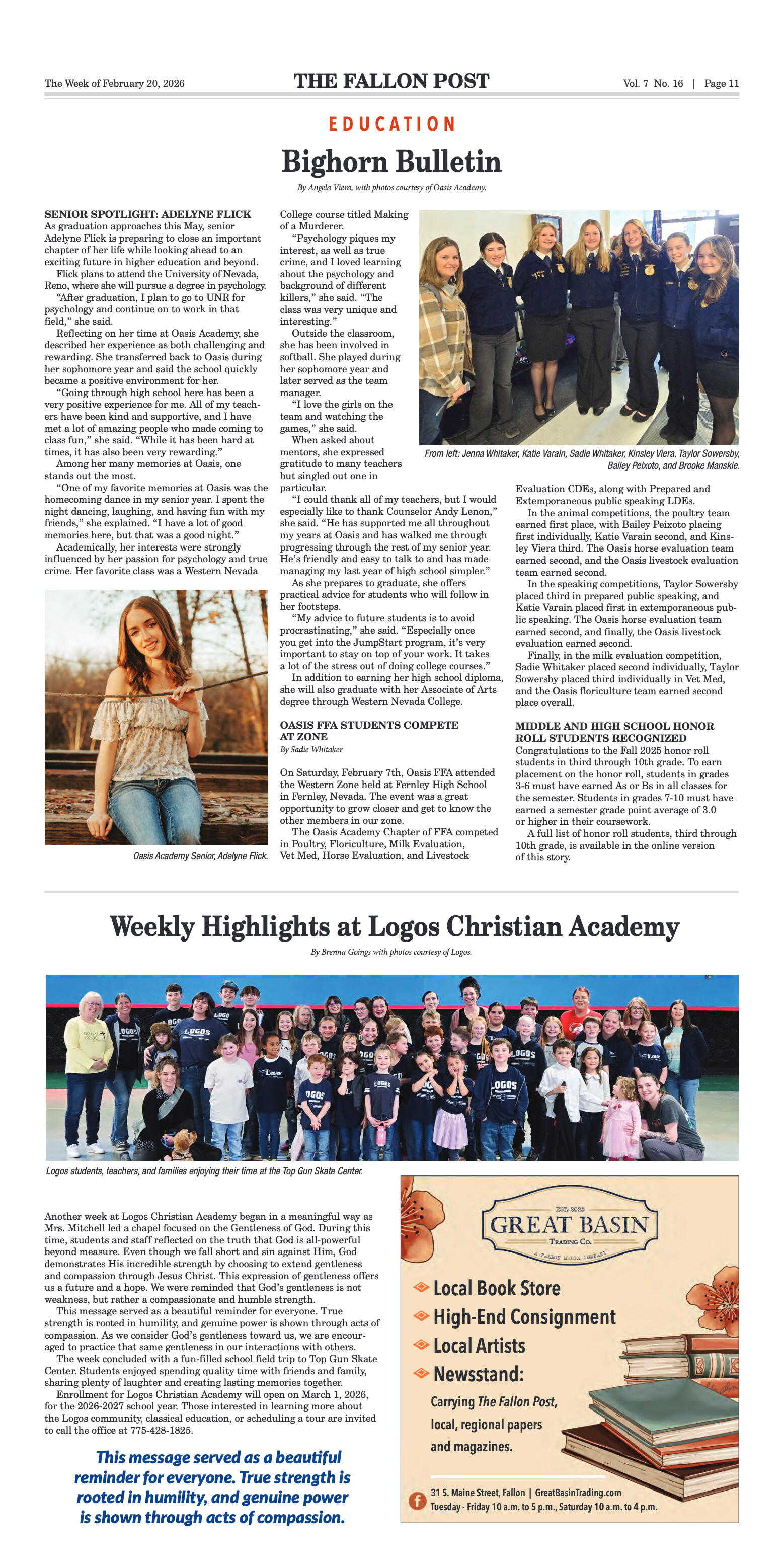
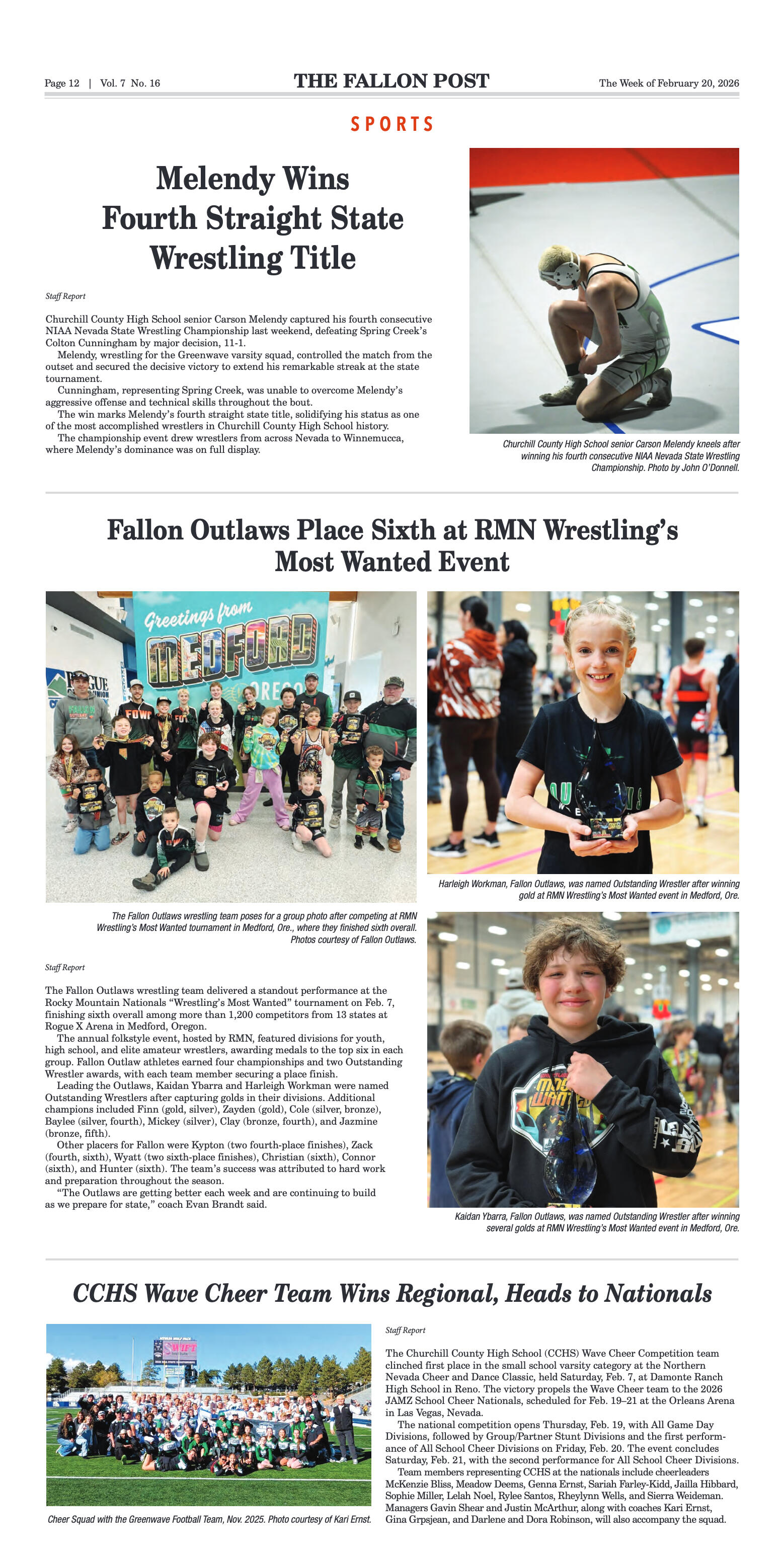
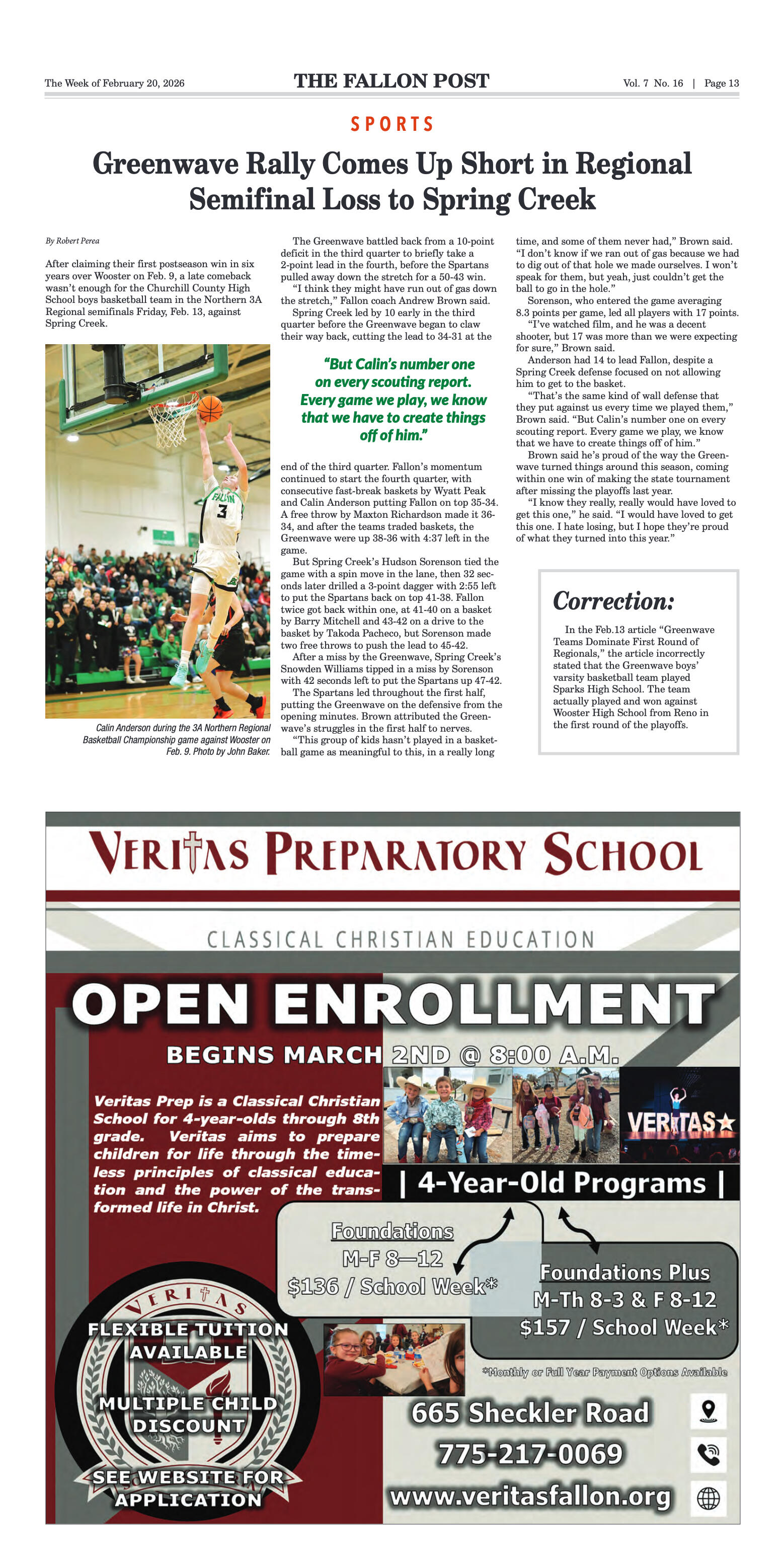

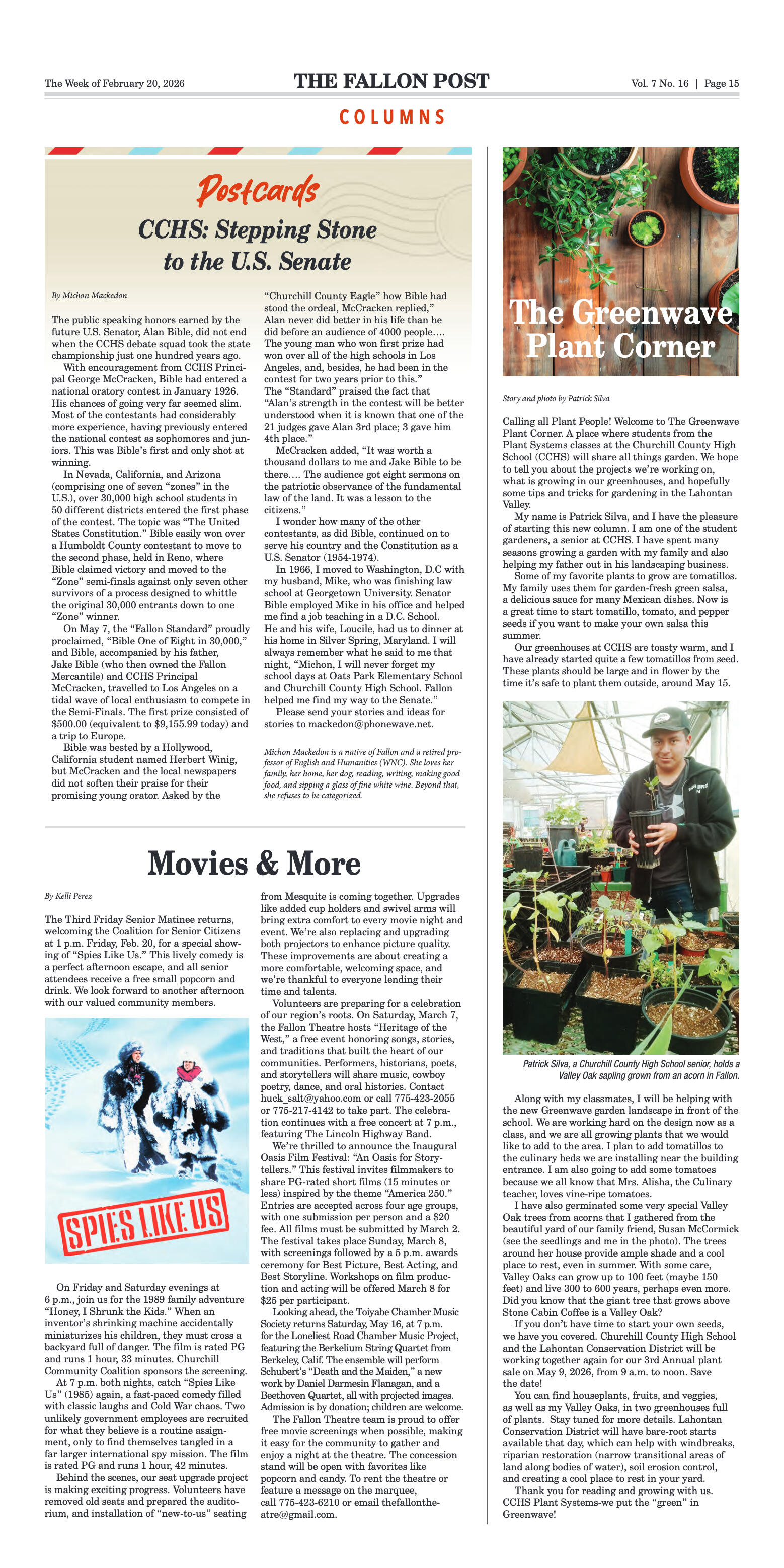
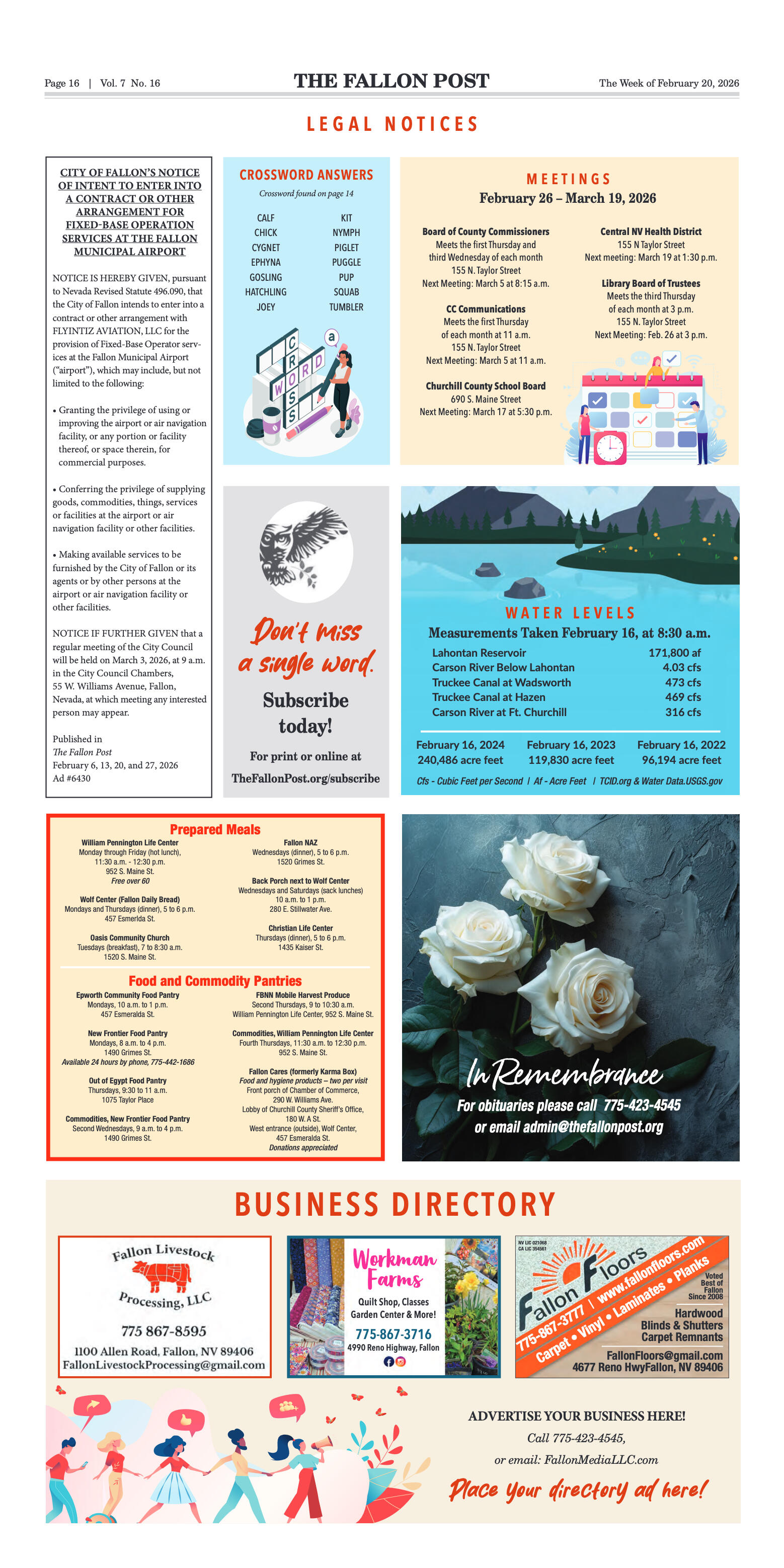
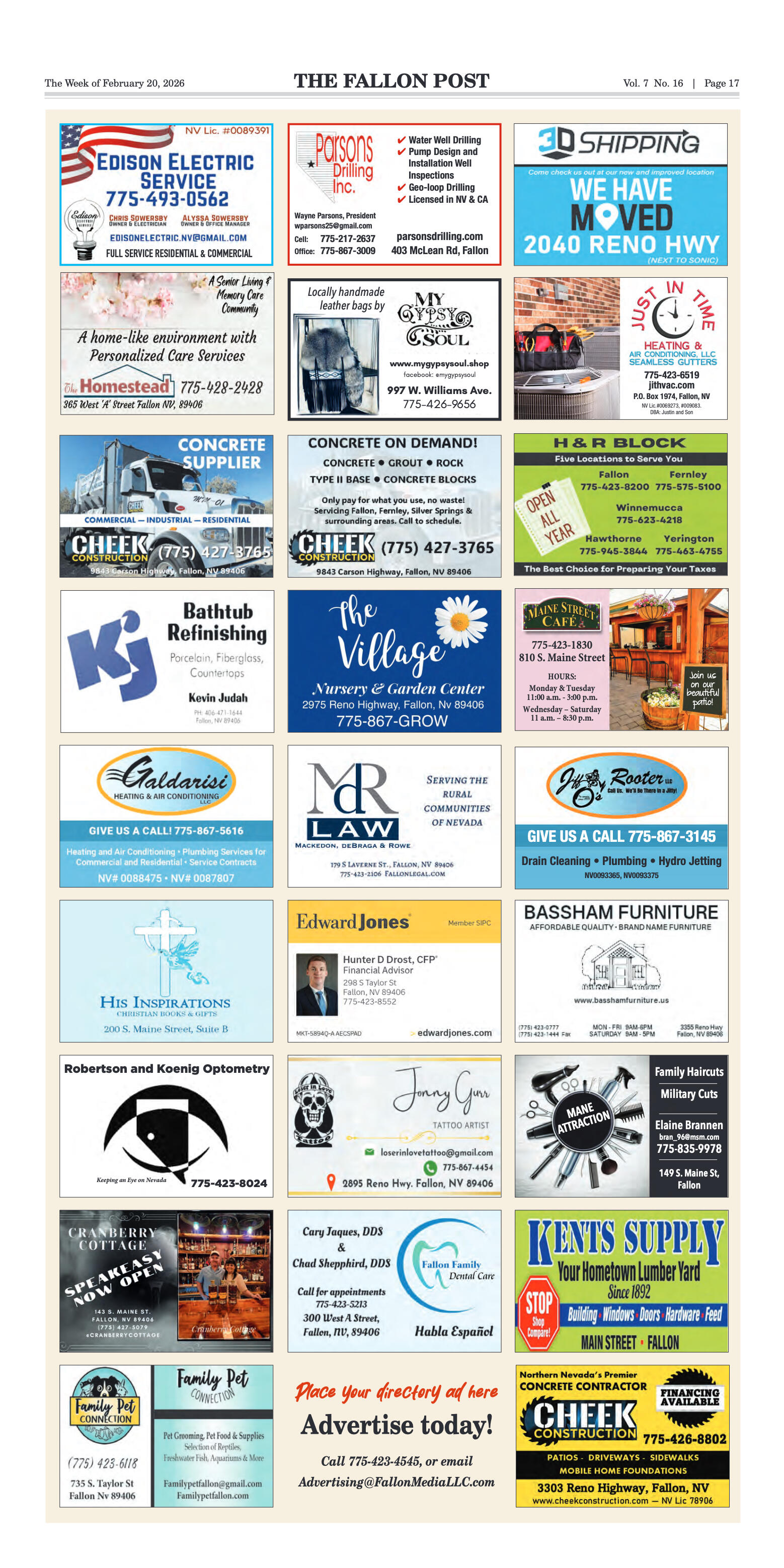
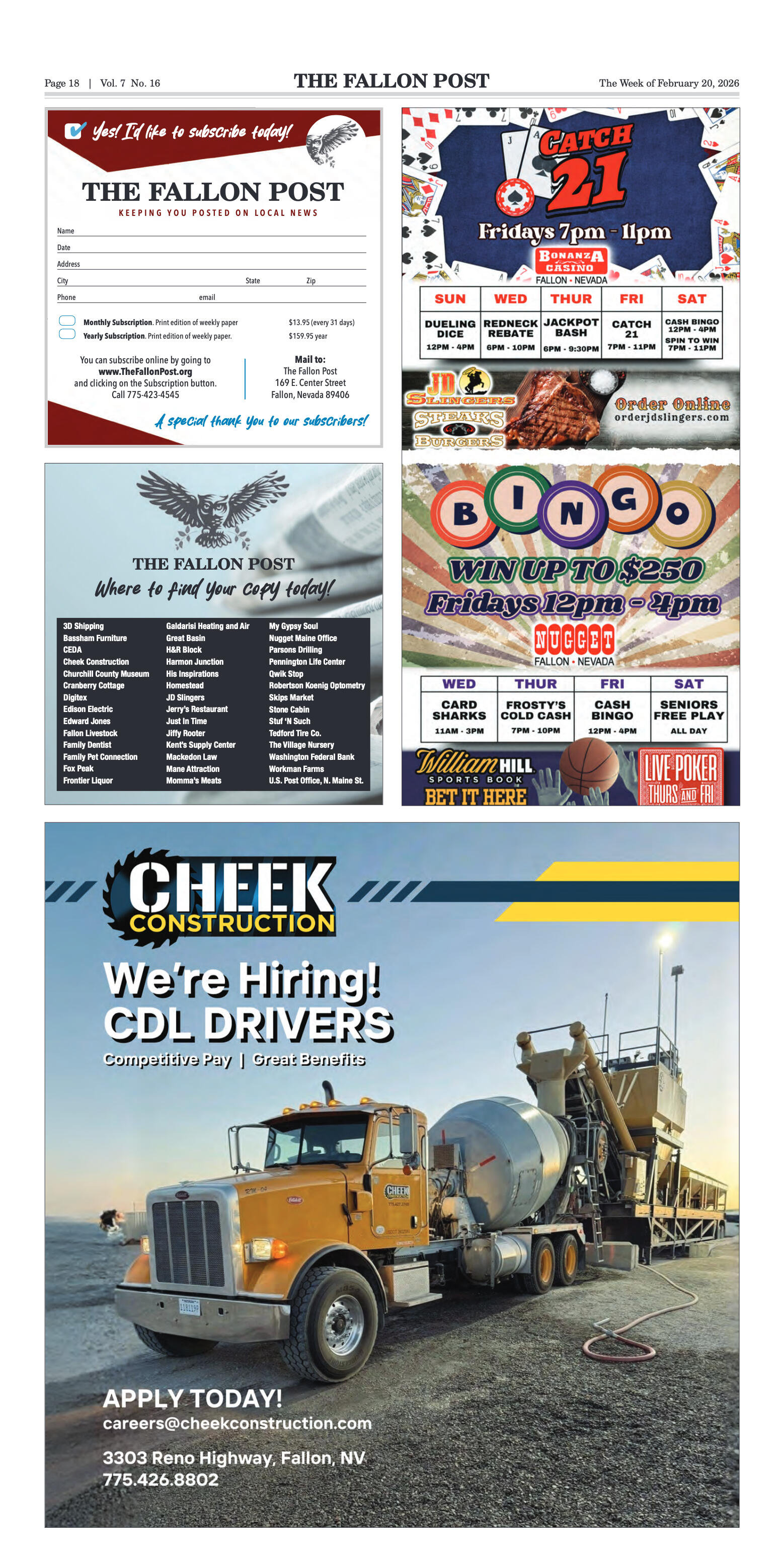
























Comment
Comments